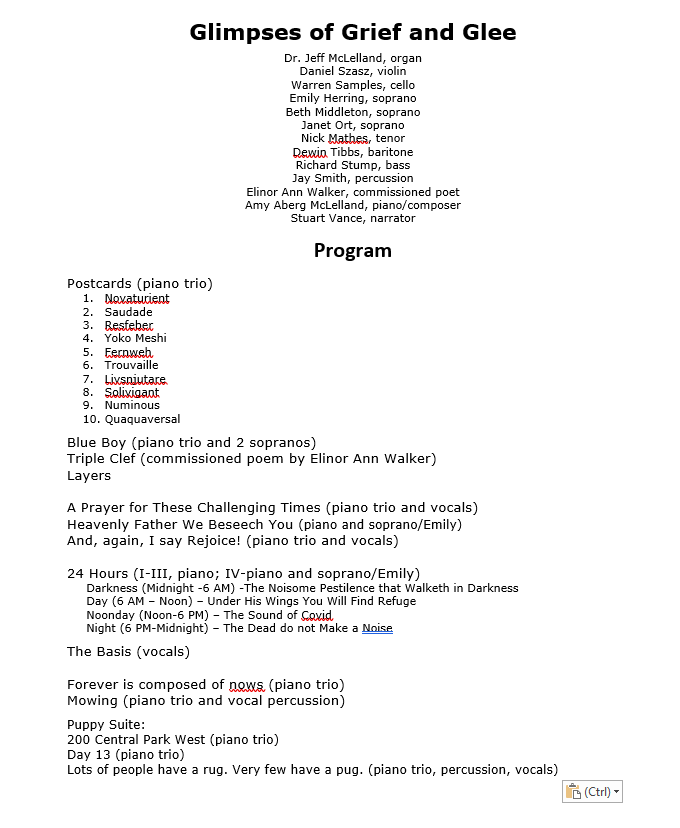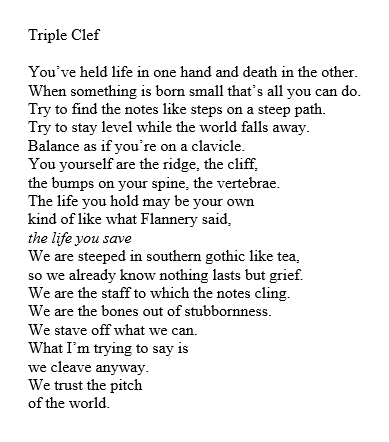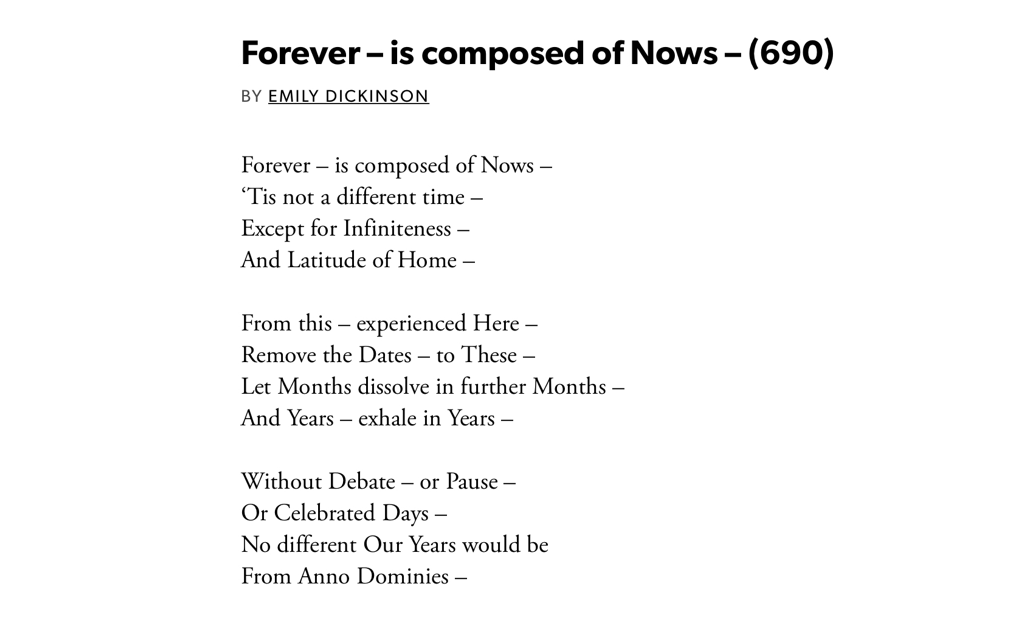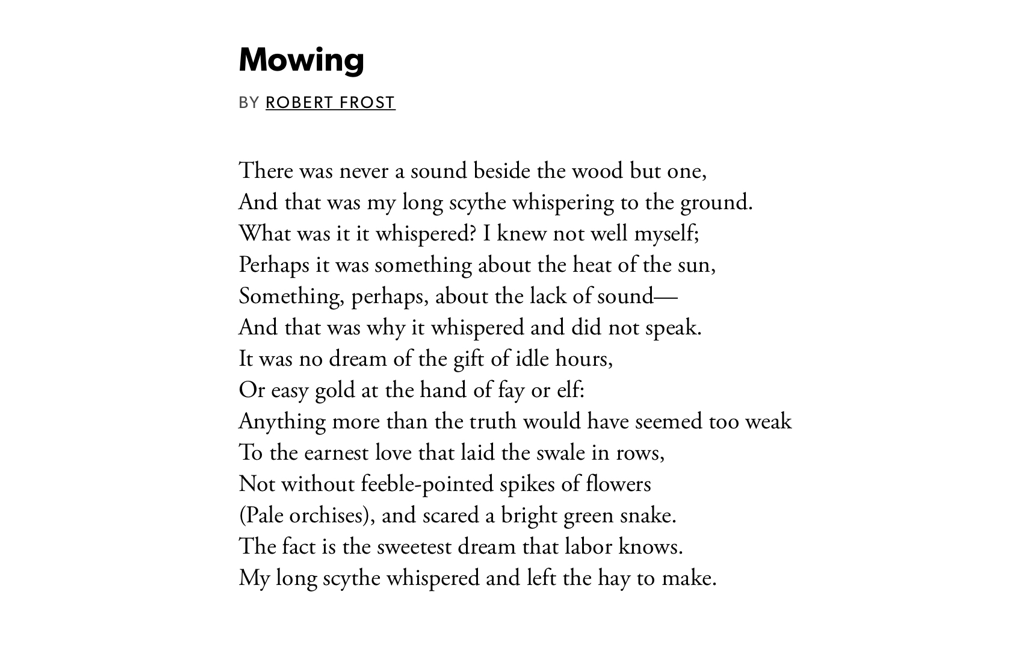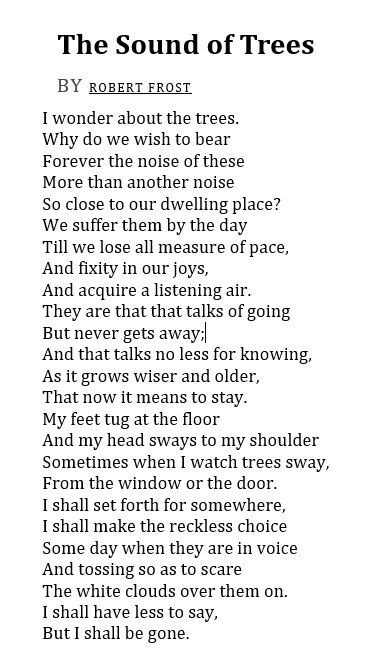Glimpses of Grief and Glee
Program
Glimpses of Grief and Glee was a concert of original chamber music composed by Amy Aberg McLelland held in Birmingham, Alabama at Independent Presbyterian Church. A musical journey through many common experiences many of us our experiencing during these challenging times .... from cabin fever and a desire to travel, to fear, grief, hope, faith .... the program also featured the debut of a commissioned poem by Elinor Ann Walker. Musicians included Amy Aberg McLelland, piano; Daniel Szasz, violin and concertmaster of the Alabama Symphony; Warren Samples, cello and principal cellist of the Alabama Symphony; Sopranos Beth Middleton, Emily Herring, Janet Ort; Tenor, Nick Matthes; Dewin Tibbs, Baritone; Richard Stump, bass; Jay Smith, percussion.
(click to go directly to composition or scroll down)
Postcards - Piano Trio
Blue Boy - Piano Trio/Voice
Triple Clef - Commissioned Poem
Layers
A Prayer for These Challenging Times - Piano Trio/Voice
Heavenly Father We Beseech You - Piano/soprano
And, Again I Say Rejoice! - Piano Trio/Voice
24 Hours - piano
The Basis - Voice/Percussion
Forever -- is composed of nows - Piano Trio
Mowing - Piano Trio/Voice
Puppy Suite:
200 Central Park West - Piano Trio
Day 13 - Piano Trio
Lots of people have a rug. Not many have a pug.
Blue Boy - Piano Trio/Voice
Triple Clef - Commissioned Poem
Layers
A Prayer for These Challenging Times - Piano Trio/Voice
Heavenly Father We Beseech You - Piano/soprano
And, Again I Say Rejoice! - Piano Trio/Voice
24 Hours - piano
The Basis - Voice/Percussion
Forever -- is composed of nows - Piano Trio
Mowing - Piano Trio/Voice
Puppy Suite:
200 Central Park West - Piano Trio
Day 13 - Piano Trio
Lots of people have a rug. Not many have a pug.
Postcards
1. Novaturient
2. Saudade
3. Resfeber
4. Yoko Meshi
5. Fernweh
6. Trouvaille
7. Livsnjutare
8. Solivigant
9. Numinous
10. Quaquaversal
1. Novaturient
2. Saudade
3. Resfeber
4. Yoko Meshi
5. Fernweh
6. Trouvaille
7. Livsnjutare
8. Solivigant
9. Numinous
10. Quaquaversal
Heavenly Father we Beseech Thee (piano/Emily)
Puppy Suite:
200 Central Park West (piano trio)
Day 13 (piano trio)
Lots of people have a rug. Not many have a pug. (piano trio, conga, vocals)
Day 13 (piano trio)
Lots of people have a rug. Not many have a pug. (piano trio, conga, vocals)
This video will be playing on screen (without sound) during music performance of Pug piece:
The Basis
(voice, percussion)
(voice, percussion)
A Prayer for these Challenging Times
(piano trio, voice)
(piano trio, voice)
Poetry and Music
Blue Boy
Triple Clef (Poem by commissioned poet Elinor Ann Walker - inspired by the composition "Blue Boy")
"Hope" is the thing with feathers
Forever is Composed of Nows
Mowing
This video will be playing on screen during Mowing (After Frost reads the poem, then are 4 "swishes" of blade/scythe then singers join for 4, then sound stops on video as musicians play along):
The Sound of Trees
This is the video that will play on screen during performance (After dialogue, then music starts)
And, Again, I Say Rejoice!
Philippians 4:4-8
King James Version
4 Rejoice in the Lord always: and again I say, Rejoice.
5 Let your moderation be known unto all men. The Lord is at hand.
6 Be careful for nothing; but in every thing by prayer and supplication with thanksgiving let your requests be made known unto God.
7 And the peace of God, which passeth all understanding, shall keep your hearts and minds through Christ Jesus.
8 Finally, brethren, whatsoever things are true, whatsoever things are honest, whatsoever things are just, whatsoever things are pure, whatsoever things are lovely, whatsoever things are of good report; if there be any virtue, and if there be any praise, think on these things.
King James Version
4 Rejoice in the Lord always: and again I say, Rejoice.
5 Let your moderation be known unto all men. The Lord is at hand.
6 Be careful for nothing; but in every thing by prayer and supplication with thanksgiving let your requests be made known unto God.
7 And the peace of God, which passeth all understanding, shall keep your hearts and minds through Christ Jesus.
8 Finally, brethren, whatsoever things are true, whatsoever things are honest, whatsoever things are just, whatsoever things are pure, whatsoever things are lovely, whatsoever things are of good report; if there be any virtue, and if there be any praise, think on these things.
Note: This playback of Rejoice is too fast (opening is not 144 ...but instead 112? ...think blues in opening and milk it .... And middle section/chant is Qtr = 88 which then doubls to halfnote=88 all the way to the end)
